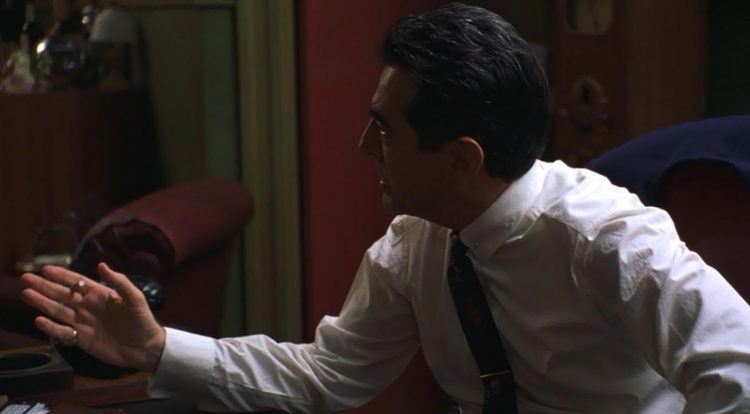I wonder if the sovereignty of tribal nations is part of the Democratic Party’s platform. I am curious mainly after looking at presidential proclamations about Columbus Day. In his 2015 speech, President Obama mentioned working harder to establish and protect tribal sovereignty. I had no idea that native American reservations function (or at least ideally) directly in relation to the federal government and not with states. The reason has to do with trying to recognize their existence and history before the founding of the United States. They were nations before, so the creation of the United States should not change that.
Imagine though, if you tried to make an analogy between tribal sovereignty and national sovereignty. There might be something in there for pondering the status of migrants. (Wikipedia haters, beware):
In Iron Crow v. Oglala Sioux Tribe, the United States Supreme Court concluded that two Oglala Sioux defendants convicted of adultery under tribal laws, and another challenging a tax from the tribe, were not exempted from the tribal justice system because they had been granted U.S. citizenship. It found that tribes “still possess their inherent sovereignty excepting only when it has been specifically taken from them by treaty or Congressional Act”. This means American Indians do not have exactly the same rights of citizenship as other American citizens. The court cited case law from a pre-1924 case that said, “when Indians are prepared to exercise the privileges and bear the burdens of” sui iuris, i.e. of one’s own right and not under the power of someone else, “the tribal relation may be dissolved and the national guardianship brought to an end, but it rests with Congress to determine when and how this shall be done, and whether the emancipation shall be complete or only partial” (U.S. v. Nice, 1916). The court further determined, based on the earlier Lone Wolf v. Hitchcock case, that “It is thoroughly established that Congress has plenary authority over Indians.” The court held that, “the granting of citizenship in itself did not destroy … jurisdiction of the Indian tribal courts and … there was no intention on the part of Congress to do so.” The adultery conviction and the power of tribal courts were upheld.
Heck, there might even be some relevance for church power and two kingdoms, not to mention a little push back for Representative Robert O’Rourke and his comments about religious institutions’ tax status.
Columbus Day may even provide perspective on what to do with historical monuments. The celebration of Columbus Day started in part out of a response to the lynching of Italian Americans in New Orleans, one year before the 400th anniversary of Columbus’ discovery of America. Can you try to protect people who suffered discrimination by celebrating someone from that group who it turns out inflicted suffering on a minority group? If the historical context for the creation of a monument is important for assessing a statue, doesn’t that give some protection for Columbus statues and the holiday?
Figuring out what to do with Latinos and Hispanics in all this, since it was the Spanish monarchy that underwrote the Italian explorer, is above my paygrade.
One last wrinkle: is it a form of bigotry to think of the mafia when you consider Italian-American identity? It may be, but organized criminals have inspired some of the greatest moving pictures on earth. Don’t forget, though, that other ethnic groups were involved in organized crime.
For Italian vs. Irish mobsters, with a dash of Jewish crime, see Miller’s Crossing.
For Jewish gangsters, see Liberty Heights.
And for Greek, Polish, and African-American gangsters (and boy were they organized), there is always The Wire.

